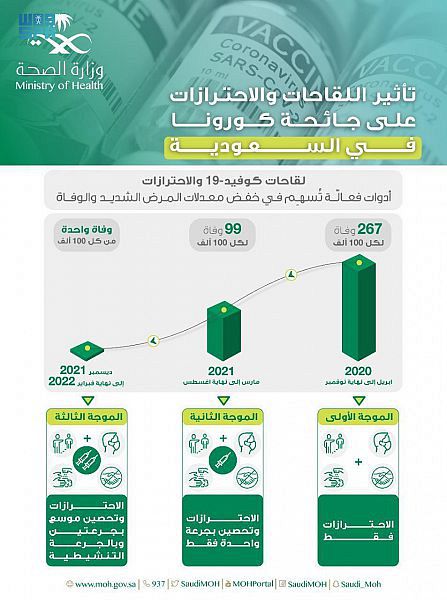
Fresh evidence of the impact of Covid-19 lockdown restrictions on the young have been highlighted by official figures showing the sharpest quarterly rise in almost a decade of 16- to 24-year-olds not in education, employment or training.
Figures from the Office for National Statistics showed the outlook for the under-25s was becoming gloomier even before the new variant of the virus forced all four nations of the UK to impose tougher curbs on activity in the new year.
The ONS said the number of those not in education, employment or training (known as “Neets”) rose by 39,000 to 797,000 in the final three months of 2020 – a period that involved the opening up of the economy during the summer go into reverse.
The quarterly increase was the largest since the third quarter of 2011 and was concentrated among young men, the ONS said. The proportion of Neets rose by 0.6 percentage points to 11.6% in the final three months of last year, the ONS added.
Young people tend to work in the sectors hardest hit by the pandemic, such as hospitality, leisure and tourism, and have been more likely to lose their jobs than people in older age groups.
David Freeman, head of labour market and households at the ONS, said: “After reaching a record low last quarter, the number of Neets has now seen its largest quarterly increase since its 2011 peak. This follows the economic impact of the most recent heavy Covid-19 restrictions, and tallies with other recent data that suggests almost three-fifths of the fall in employees since the onset of the pandemic has been among the under-25s.”
The ONS said an estimated 44.3% of Neets were looking for, and available for, work and therefore classified as unemployed.
Norbert Morawetz, the founder of Classof2020, an e-learning community platform setup last year to improve skills and employability, said: “These latest figures further demonstrate the colossal impact of the pandemic on young people.
“These young people have seen whole sectors usually available as first jobs shut down, and the evaporation of grad schemes and job vacancies, often competing against those with more experience who are also out of work.”
Lorna Carter-Blake, the managing director of DA Training and Consultancy, a Hampshire-based business training centre, said: “The biggest quarterly rise in Neets for a decade is a worrying development and one the government should be looking to address as a matter of urgency.”












